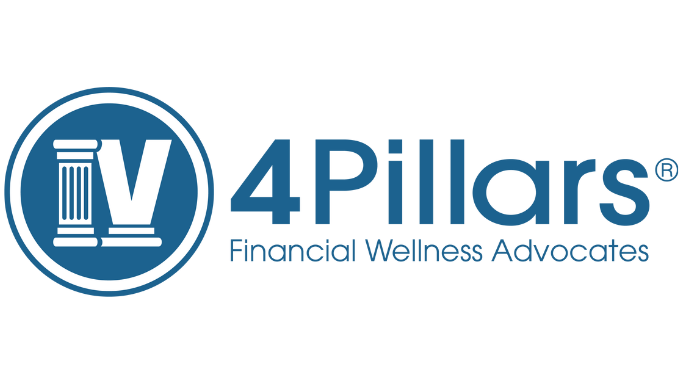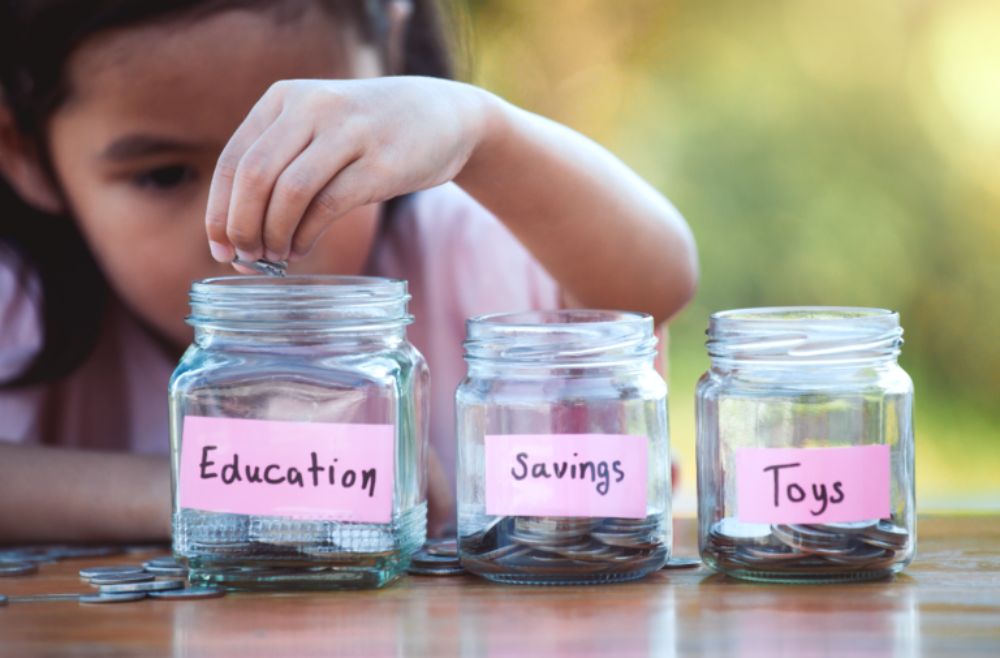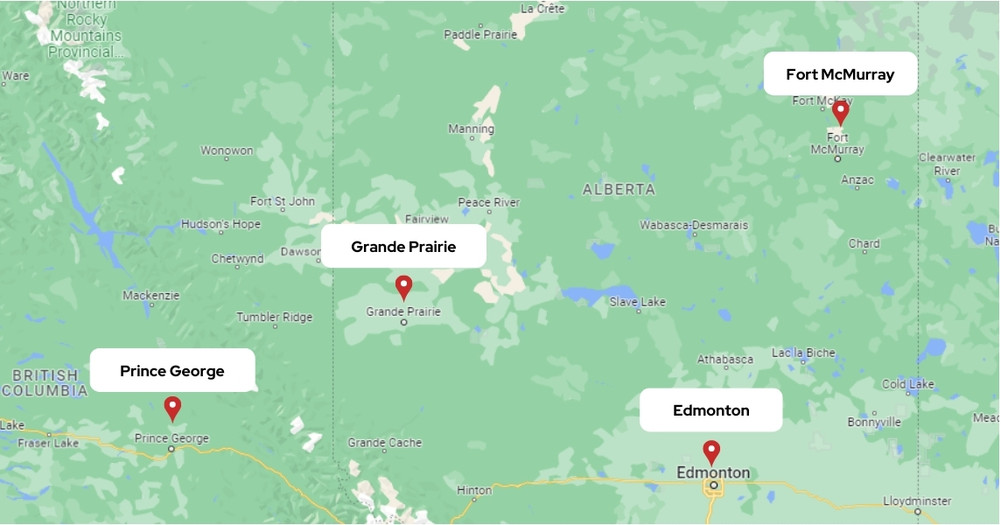Talking about money with our friends, family or even partners can be terrifying! Terms such as wealth, interests and taxes can scare even the most prepared adult, if they didn’t receive the right financial education. Let alone talking about money with kids! But, you need to. It’s a long but satisfying road to teach our little ones about money and what it is going to mean in their lives.
What would happen if you knew the difference between savings and investments? Or, what you want is not always what you need?
We know you want only the best for your kids, you are eager to provide the best education and experience you can provide, because there is nothing more important than their success and happiness for you.
At 4 Pillars our goal is the same, we want to create successful and free individuals that are 100% educated in their financial situation. The best way to achieve it? Teach our children about their monetary options, so they can implement the best financial practices for a bright future.
Start with the basics when they are little
The sooner you start with your children’s financial education, the better. For ages 3 to 6 you need to explain what money is, and the best approach is through playtime. You can play store and explain that people in real life interchange services or goods for money, and show them what it looks like.
Children are extremely perceptive and they absorb information faster than you may believe, once they comprehend the basics about money it is time for a little field trip to your nearest store. Allow them to pick small treats and compare the prices between them, but explain that they can only waste “X” amount of money and they need to pick just one. Establishing monetary limits and helping them understand that we cannot afford everything, it is the first step to plant the seed for financial planning.
Furthermore, share with them your receipts after a purchase or when you are eating out, so they develop a realistic view of money. Also, let them see you pay with cash during this stage of learning, so they can have a visual correlation between money and a purchase/ service.
Related Links: Kids, Money and Debt
Earning money develops a sense of responsibility but also freedom
Usually negative feelings are associated with money, especially if our own financial situation is not the best. However, we need to communicate positive feelings towards money if we want our kids to make the right decisions and the right questions to their financial institutions in the future.
At the age of 7 to 9 kids will learn about responsibility and also about being self-sufficient with an allowance, but only if they are required to perform certain chores to earn it.
Cleaning their rooms, eating their vegetables, or finishing their homework shouldn’t be considered as part of their allowance, because those are responsibilities they are expected to do. However, taking care of the garden, doing the laundry, or washing the car are great examples where the allowance is welcome. If they are seeking more money, you can encourage them to offer their services to the neighbours or trusted friends.
An allowance also opens up the conversation for savings and smart spending decisions, but we will talk about it below.
Teach Your Children About Savings
Your kids are finally understanding the value of money and how to earn it! You are so proud and so we are, but you also need to teach them about of what we could consider the most important step in their financial journey: Smart Financial Decisions
First, explain to them that spending is not always about buying fun stuff but also covering their most important needs. Use real life events or situations, they probably want the new video game, but you can tell them that we are purchasing new jackets for the winter because they actually need them. If they want the video game they can start budgeting and…this leads to savings. You can start with a small jar or a piggy bank, where they can deposit a certain amount of their allowance for bigger purchases they cannot afford at the moment.
We highly recommend you to encourage your kids to set long-term goals for their savings that are not only focused on objects, but also experiences like paying for special classes, tickets for an event, or even a small trip.
Once they are older, you can move them from piggy banks to real banks, so they are familiar with the services they offer, within their disadvantages and guide them through our final topic on the list: investments.
Related Links: Don’t Pass your Debt on to your Children
Building wealth and investing money
Saving itself is a great achievement for your kids, you and they should feel proud! Nonetheless, you can go a step further and introduce them to investments. If they are old enough to have their own bank account, talk with them about investments and how and why it grows over time. If you own an investment account, this would be the right time to show them how you manage it and share your tips.
In case that you are unsure about your explanation or you are also covered with doubts, you can always make an appointment with your bank representative and encourage your young adults to ask the questions they may have.
Take advantage of our FREE consultation and live debt free



